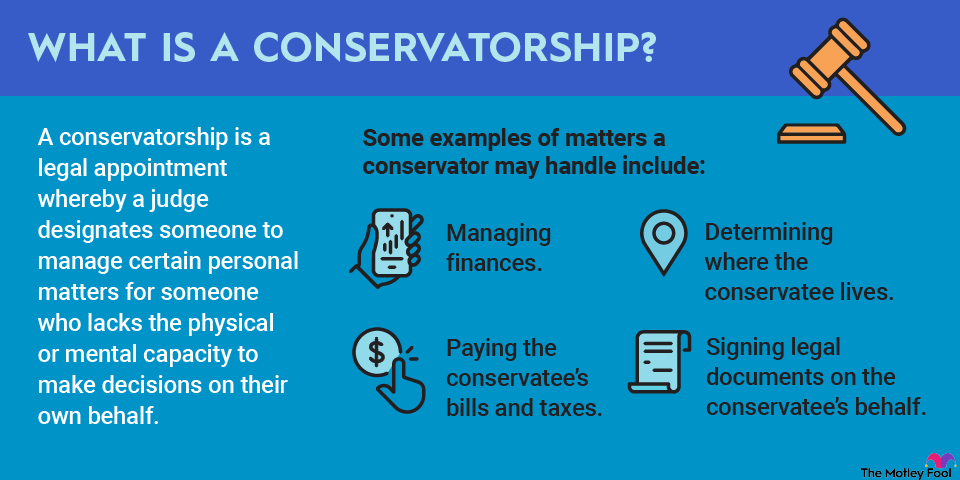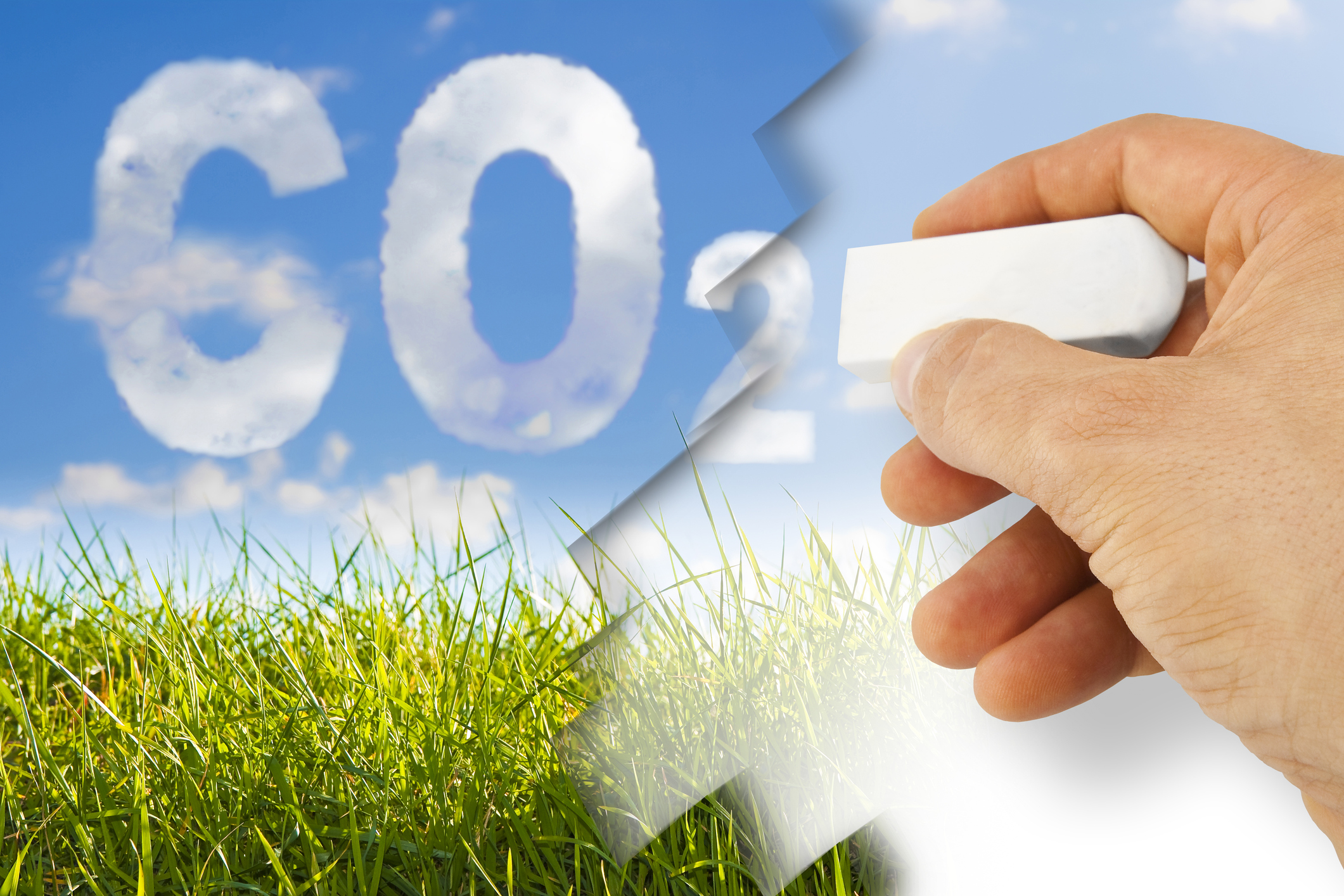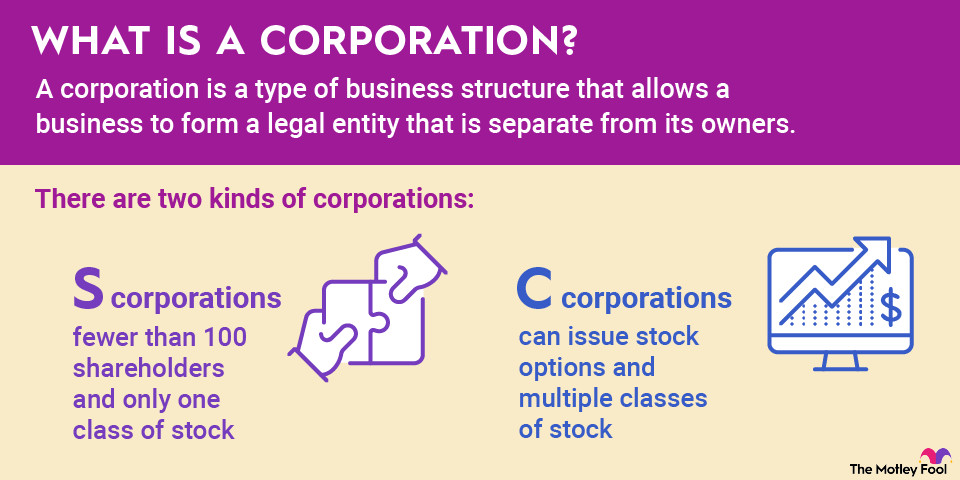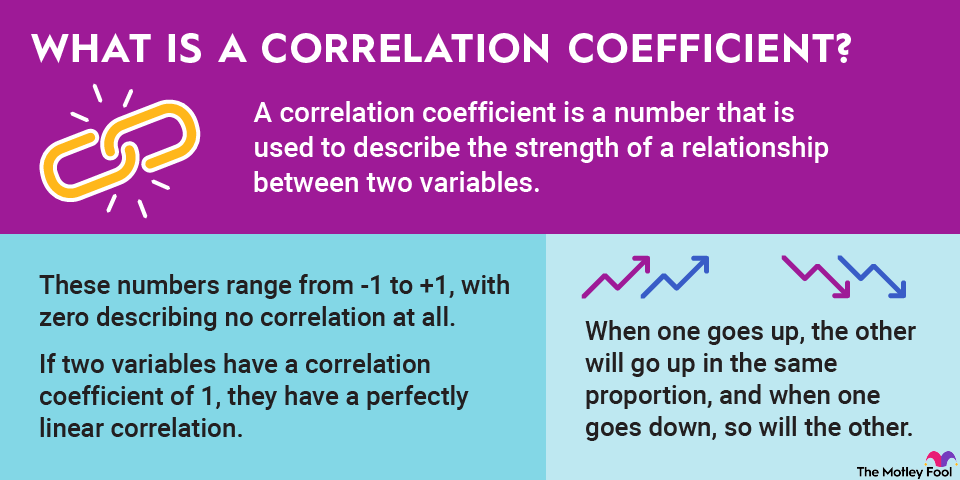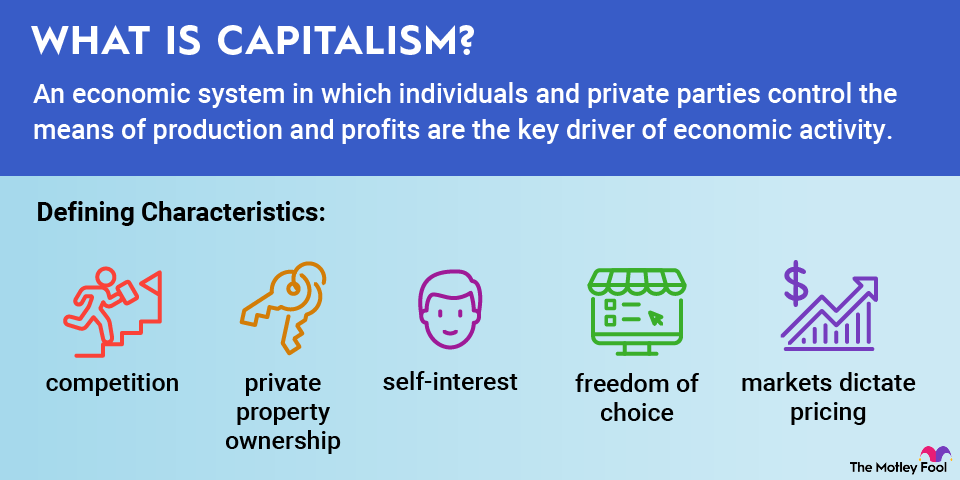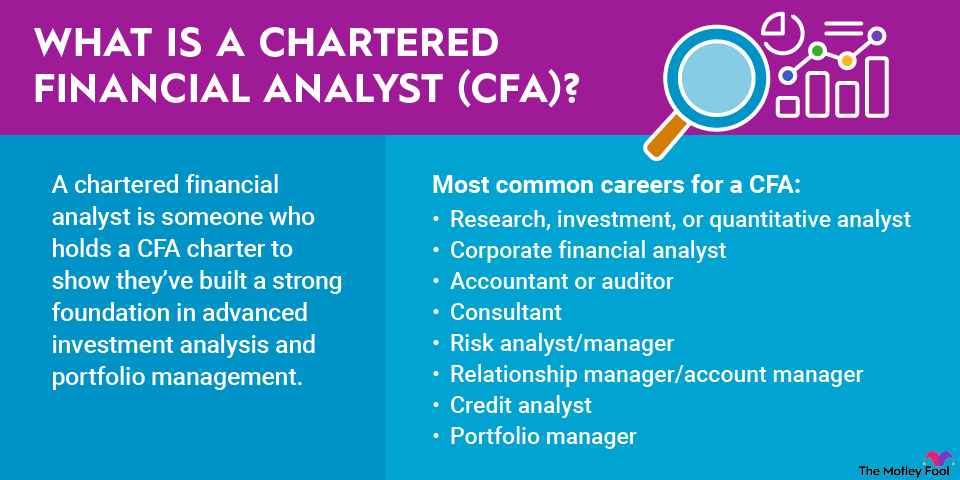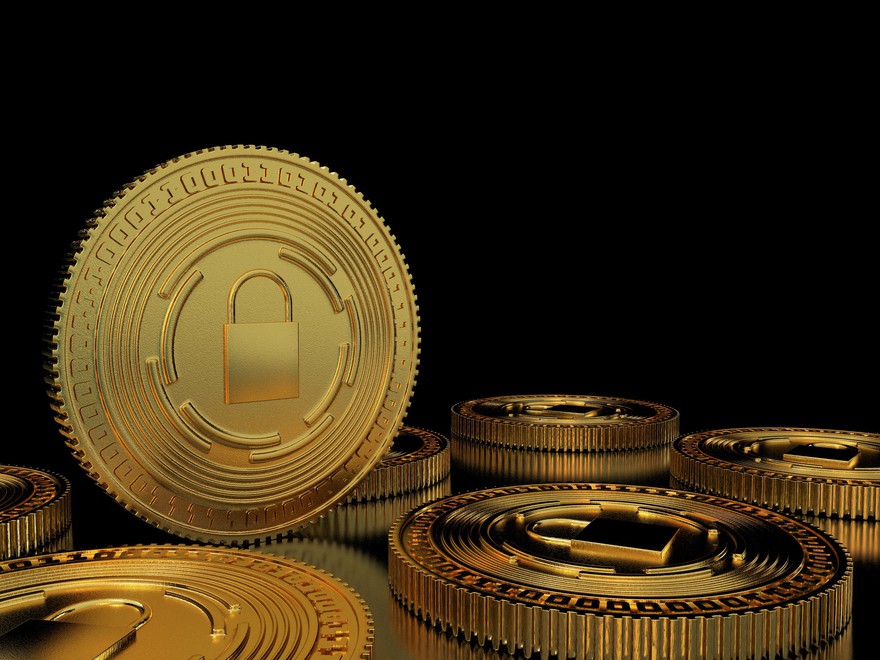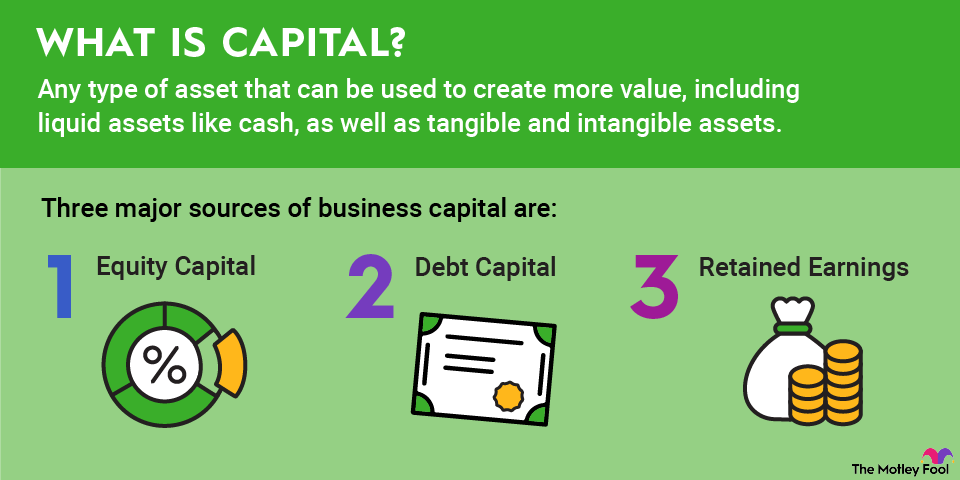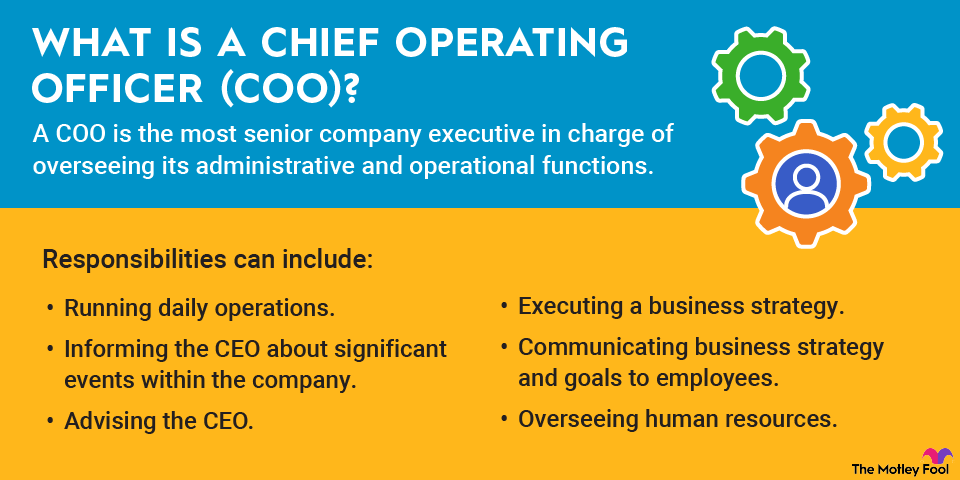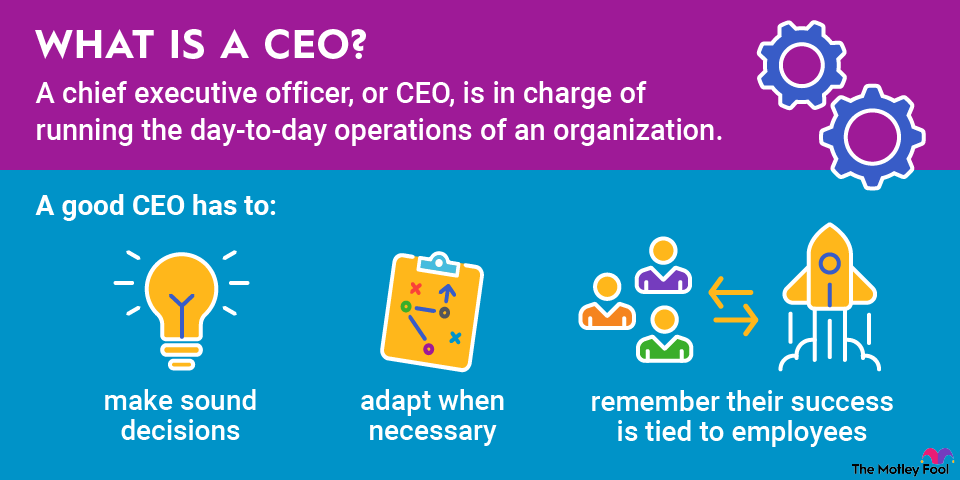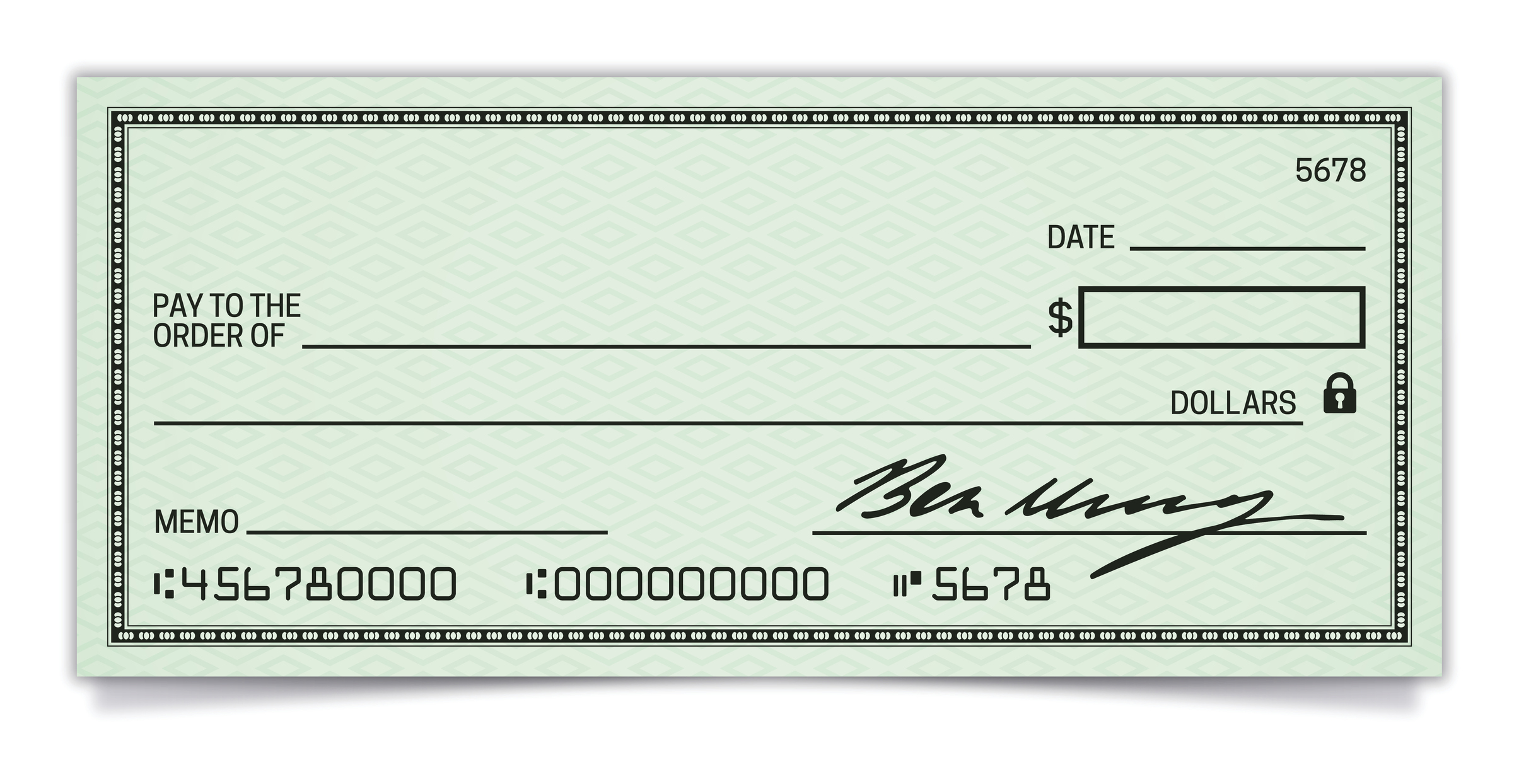Commodity exchange-traded funds (ETFs) offer investors an easy way to gain exposure to raw materials like gold, oil, natural gas, and agricultural products. Different ETFs will have different strategies and exposure to different types of commodities, but they all have one thing in common: When applied properly, they can be a great asset to a portfolio.
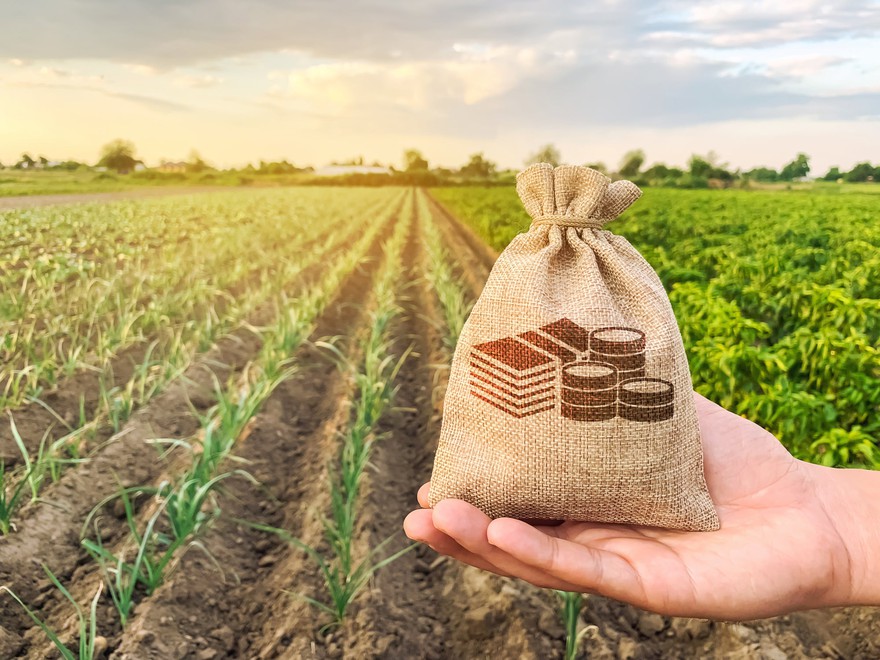
Commodities
Why commodity ETFs matter
They hedge against inflation
Just like buying real estate is seen as an inflationary hedge, commodities often perform well during inflationary periods, as rising prices for goods and services typically increase the value of raw materials. By investing in a commodity ETF, you can carefully guard your purchasing power and hedge against rising prices. For this reason, gold ETFs are a popular choice during periods of high inflation since gold is considered a stable store of value.
Portfolio diversification
Commodity ETFs provide exposure to an asset class that typically moves independently of stocks and bonds. For example, the general state of the equities markets had nothing to do with the price of oil shooting up in 2020, which was a consequence of Russia's war in Ukraine. This makes them a solid diversification tool, reducing overall portfolio risk.
Ease of access
Investing in commodities used to require significant capital and expertise in futures trading and was mainly performed by companies such as Cargill and Louis Dreyfus. ETFs have changed the paradigm when it comes to access, and commodity ETFs remove these barriers, making it easier for everyday investors to participate. With a brokerage account, anyone can purchase shares in a commodity ETF just as they would with stocks.
Should you buy a commodity ETF?
Understand your investment goals and time horizon
The first question to ask yourself is this: Do you already have an ETF, and if so, do you need or want to invest in a commodity ETF instead of others? Most individuals choose to have ETFs that are linked to market indexes like the S&P 500. Are you looking to hedge against inflation, enhance diversification, or capitalize on commodity price movements? For instance, an investor anticipating higher oil prices might consider an oil ETF like USO.
Choose the right type of commodity ETF
Commodity ETFs come in various shapes and sizes. Some are actively managed, and some are passively managed. Some hold physical assets like gold or silver, while others focus on futures contracts or commodity-linked equities. Research the fund's structure to ensure it matches your investment strategy and preferences. For example, you might want exposure to more agricultural-related products as you see oil as eventually phasing out.
Monitor risks and fees
While commodity ETFs offer many benefits, they are not without risks. Futures-based ETFs, for example, can experience "contango," where future prices are higher than current prices, leading to potential losses. It must also be noted that management and performance fees can vary widely, so it's important to compare expense ratios when selecting an ETF.
